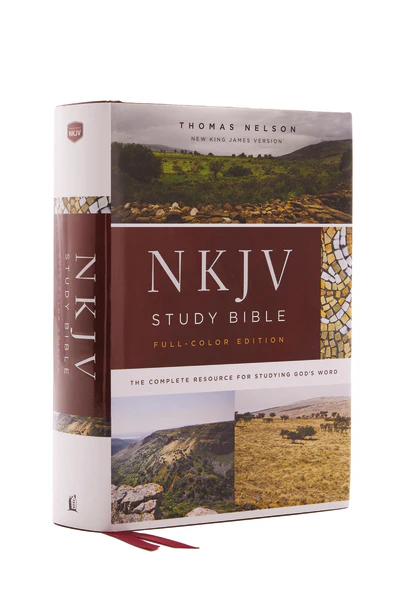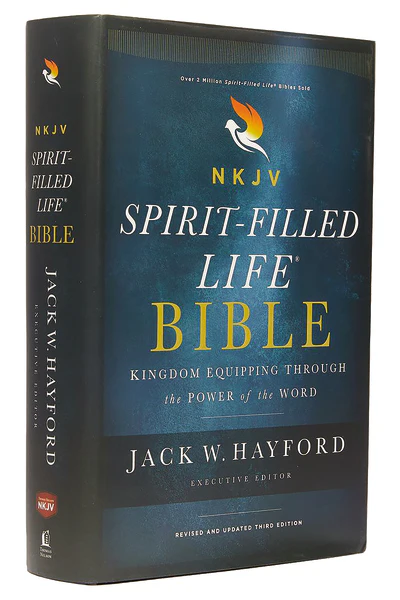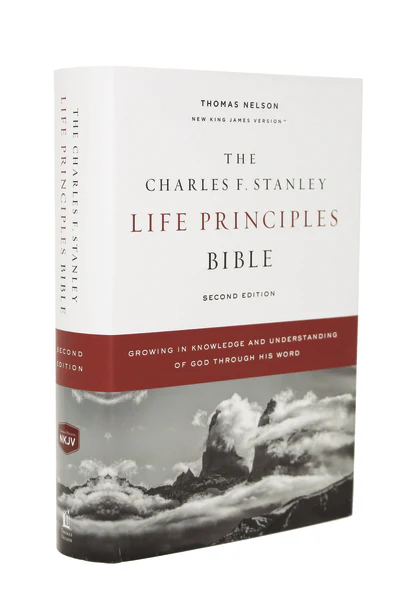Leviticus 25:25-34
New King James Version
25 (A)‘If one of your brethren becomes poor, and has sold some of his possession, and if (B)his redeeming relative comes to redeem it, then he may redeem what his brother sold. 26 Or if the man has no one to redeem it, but he himself becomes able to redeem it, 27 then (C)let him count the years since its sale, and restore the remainder to the man to whom he sold it, that he may return to his possession. 28 But if he is not able to have it restored to himself, then what was sold shall remain in the hand of him who bought it until the Year of Jubilee; (D)and in the Jubilee it shall be released, and he shall return to his possession.
29 ‘If a man sells a house in a walled city, then he may redeem it within a whole year after it is sold; within a full year he may redeem it. 30 But if it is not redeemed within the space of a full year, then the house in the walled city shall belong permanently to him who bought it, throughout his generations. It shall not be released in the Jubilee. 31 However the houses of villages which have no wall around them shall be counted as the fields of the country. They may be redeemed, and they shall be released in the Jubilee. 32 Nevertheless (E)the cities of the Levites, and the houses in the cities of their possession, the Levites may redeem at any time. 33 And if a man purchases a house from the Levites, then the house that was sold in the city of his possession shall be released in the Jubilee; for the houses in the cities of the Levites are their possession among the children of Israel. 34 But (F)the field of the common-land of their cities may not be (G)sold, for it is their perpetual possession.
Read full chapterScripture taken from the New King James Version®. Copyright © 1982 by Thomas Nelson. Used by permission. All rights reserved.
Bible Gateway Recommends






